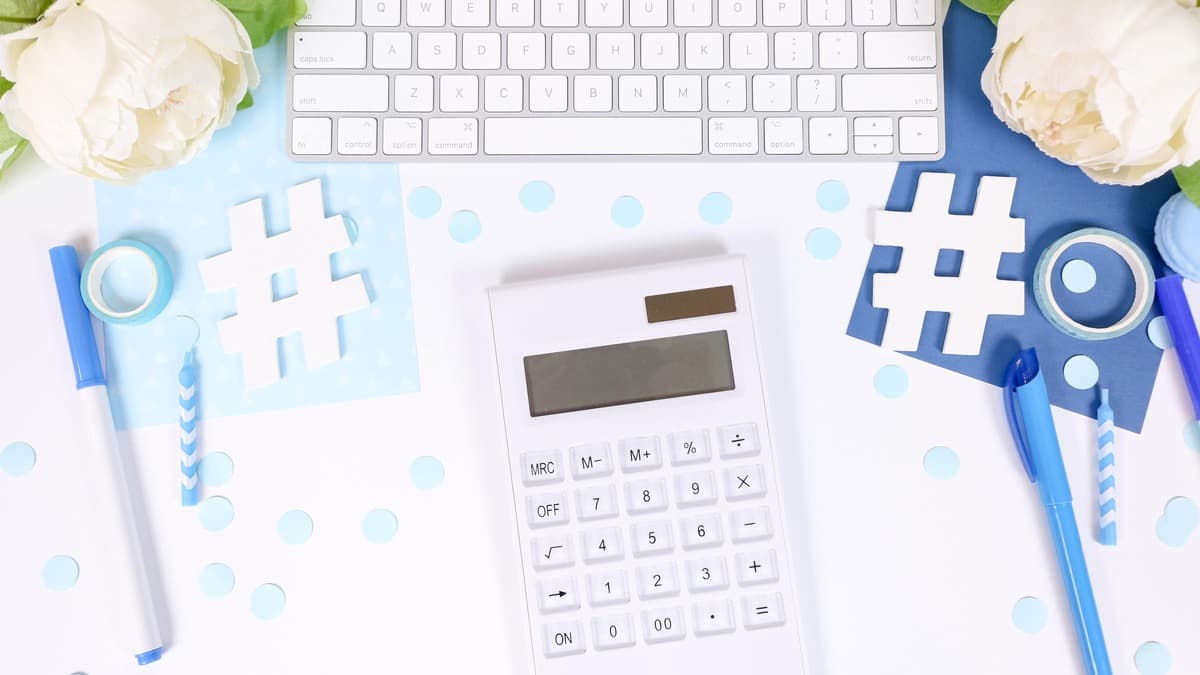Over the last few years, thousands of Australians have changed the way they work, starting their own business either to boost the income they make from their “day job” or to step outside the employment rat race altogether to enjoy the freedom of being their own boss.
During and since the prolonged COVID-19 lockdowns, in particular, people have been forced to be creative to earn a living. The result has been thousands of new small businesses and a change in the mindset of many people who refuse to be bound by the strictures of traditional employment.
The problem is that far too many people who’ve made the transition haven’t given any thought to the financial challenges. To help ease the stress, I’ve prepared some tips that all new business owners should know:
Declare your income
First and foremost, the income you receive from your business is taxable and must be declared on your tax return. You might think your side hustle is just a hobby, but the ATO will disagree!
What can I claim?
You can claim deductions for any expenses you incur as part of running your business. That could include the costs of using your vehicle for business journeys (particularly relevant for ride-share drivers), the cost of any materials you use in your work, as well as the costs of any courses you undertake that are relevant to your business.
If you offer your services through a sharing economy platform, they generally take a fee or a commission out of the price you charge your customer for the service. That fee or commission is tax deductible.
If you run the admin side of your business from home, don’t forget to claim the appropriate proportion of home-office expenses, such as internet fees, landline or mobile phone bills, costs of office furniture, etc.
Finally, where expenses relate to a mixture of business use and private/domestic use, make sure you only claim the business-related element.
You’re on your own now
Particularly if you’re coming out of a paid job, you’re probably used to getting your taxes deducted straight from your pay packet by your employer. But now you’re in business on your own account; nobody is going to be deducting anything, so you need to proactively manage your cash flow to set money aside for future tax bills. This might seem obvious but unfortunately, failing to set money aside to pay taxes is one of the most common pitfalls that new businesses fall into.
You might also need to register for GST. If you’re an Uber driver, you must register for GST with the ATO and charge GST on all your fares from the first dollar. For most other businesses, you only need to register for GST if the turnover from your business (combined with any other business you run) exceeds $75,000.
You can also claim back GST incurred on business purchases. You will need to report your GST sales and purchases at least quarterly by lodging a Business Activity Statement (BAS) with the ATO.
So, being self-employed comes with extra tax obligations. You’ll need to look after your own taxes (and potentially your own super). But being self-employed also comes with some tax perks. For instance, you have access to all the tax concessions available to small businesses, including the full expensing of capital assets, which is available until 30 June 2023.
That means you can immediately deduct the cost of any plant, tools or equipment you use in your business, including items such as computers and even most motor vehicles.
Stay out of trouble with the ATO
My tip for keeping taxes stress free is to speak to an accountant at H&R Block. Most people find it far less stressful to simply pass on all their information to a tax accountant and leave it to them to complete their BAS and tax return, safe in the knowledge that the work done will be accurate and complete.
An experienced accountant will usually be good at sniffing out those obscure tax deductions you didn’t know you could claim so they can often pay for themselves several times over. Best of all, their fee is also tax deductible!
Disclaimer: Dynamic Business does not provide tax, legal or accounting advice. This article has been prepared for informational purposes only by our contributor and should not be relied on solely for tax, legal, or accounting purposes.
You are strongly encouraged to consult your advisors to determine how the information may relate to you or the specifics of your business. For help with your small business taxes, contact H&R Block here.

